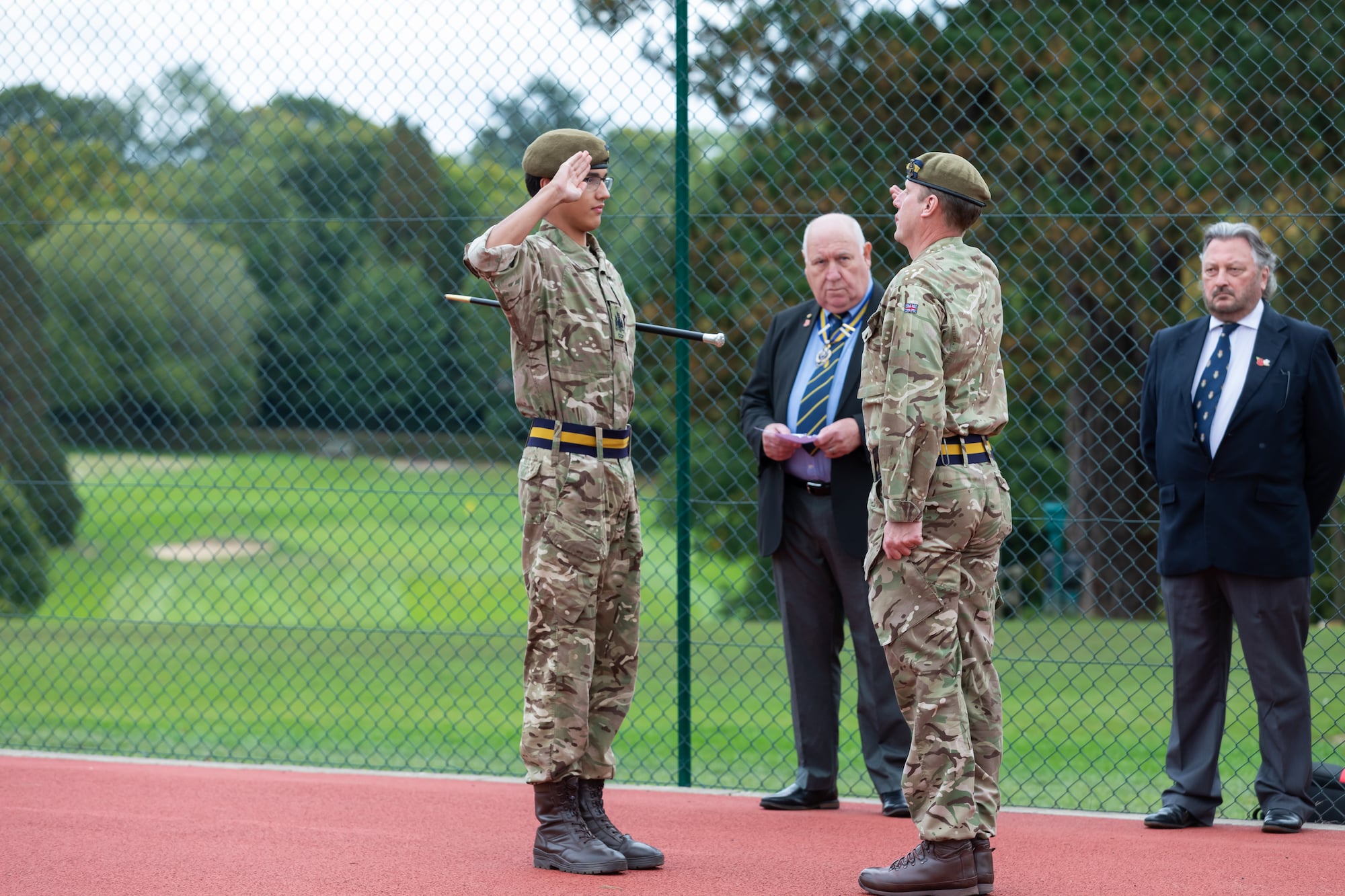Friday 31st January 2020: Brexit Day. Whatever your standpoint, the senior music award holders, expertly assisted by their accompanists (Richard Saxel and Philip Scriven), had offerings to chime with your mood. Perhaps the jubilant brass performances from Will Riddy and Reuben Anelay (correspondingly Berlioz’ ‘Un Bal’ and Neruda’s Trumpet Concerto) or at the other end of the emotional spectrum, Jess Church’s plaintive rendition of Poulenc’s Élégie? For those who feel liberated from the shackles of bureaucratic convention, what better than the experimental freedom of Lina Mazzone’s performance of Mozart’s D minor Fantasia? Or for those who feel a yearning nostalgia for an imagined, better past, Ivor Gurney’s ‘Sleep’ (sung by William Marshall) was a fitting choice. Those for whom politics is not their cup of tea/bowl of coffee, and those who have struggled to connect with either side of the Brexit debate over the past three and a half years, would surely have sought solace in the dreamy escapism of Kurt Weill’s ‘My Ship’ (sung by Melissa Bury).
What could be more ‘German’ than a Brahms Cello Sonata (played by Noah Charlesworth), with its debt to Beethoven and methodical development of ideas? The same might be said of Henry Rigden’s Bach ‘Allemande’: a piece whose very title means ‘German dance’. Or, what could be more quintessentially Polish than the ornamental melodic lines of a Chopin Nocturne (performed by Henrique Gabriel)? Yet, delve a little deeper and national style turns out to be a rather more confused and blurred notion. Bach’s ‘Allemande’ belongs in a suite which also incorporates dances from France, Spain and England. We might casually categorise Grovlez (who studied with Fauré at the Paris Conservatoire) as being typical of the French national style. Yet his ‘Sarabande and Allegro’ (played by George Chilcott) reveals the unmistakable influence of both the balance and symmetry of ancient Greece, and the rhythms of an archaic Spanish dance.
The inextricably interconnected nature of the diverse music this evening resonated in these lines of Quilter’s setting of Shelley’s ‘Love’s Philosophy’ (sung by Francesca D’Agata):
Nothing in the world in single;
All things by a law divine
In one another’s being mingle.
Whilst Cameron Reader’s performance reminded us that there will be ‘Empty Chairs and Empty Tables’ in Brussels in the morning (sorry), the overwhelming impact of this well-presented programme by these talented young musicians, was to reassert the power of music to transcend turbulent politics, to provide a much-needed platform for individual expression, whilst simultaneously strengthening the common thread of humanity that connects us all. EX CULTU ROBUR!
[ngg src=”galleries” ids=”198″ display=”pro_mosaic” ngg_proofing_display=”0″ captions_enabled=”0″ captions_display_sharing=”1″ captions_display_title=”1″ captions_display_description=”1″ captions_animation=”slideup” order_direction=”DESC”]
Back to all news












